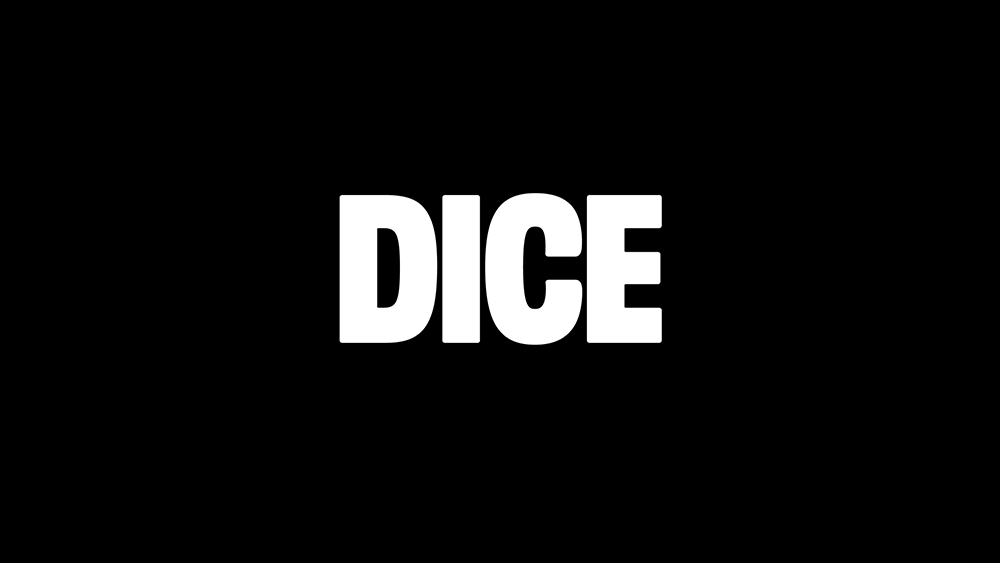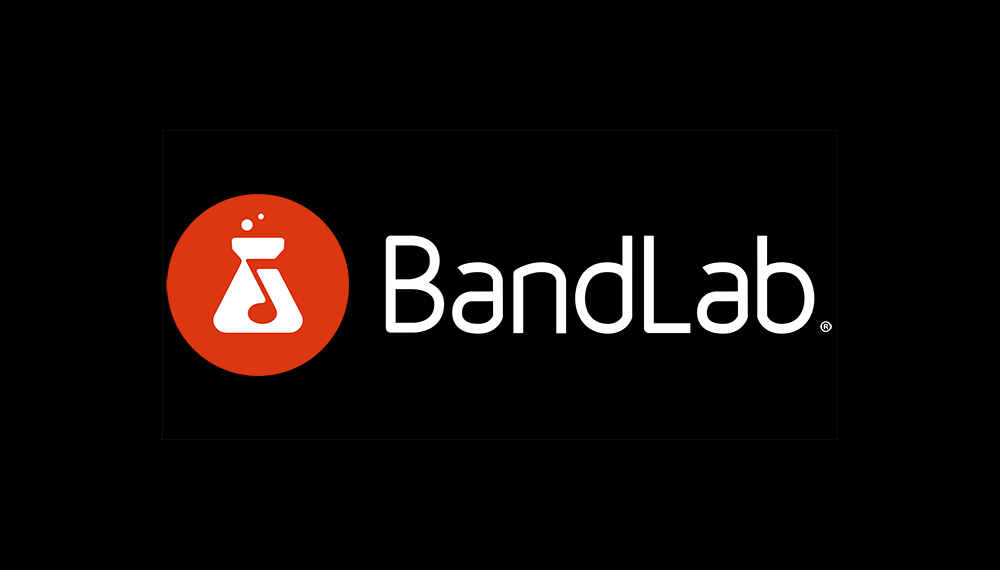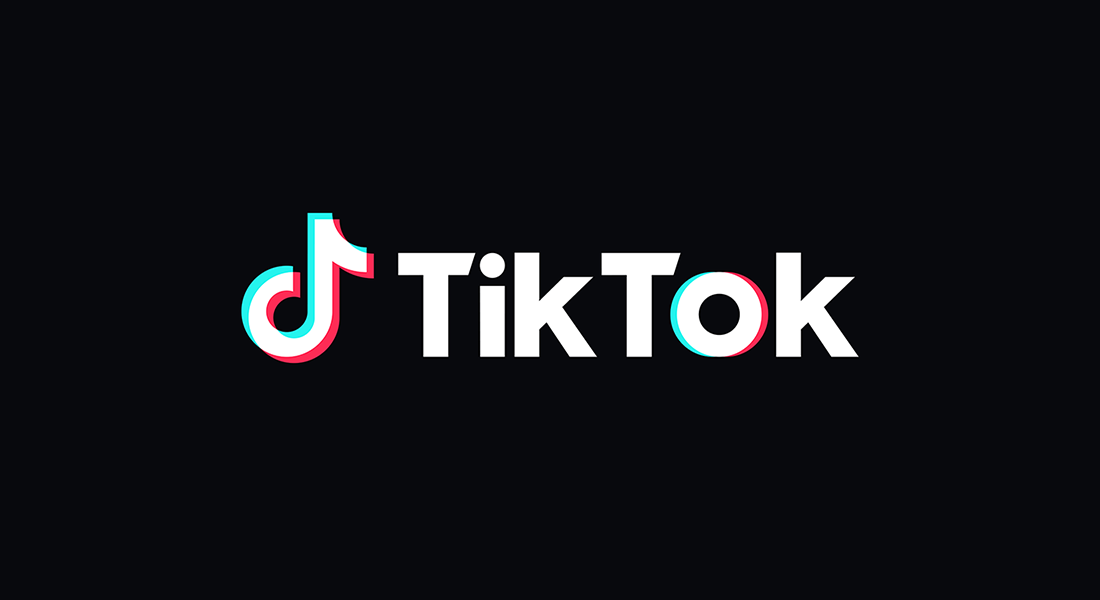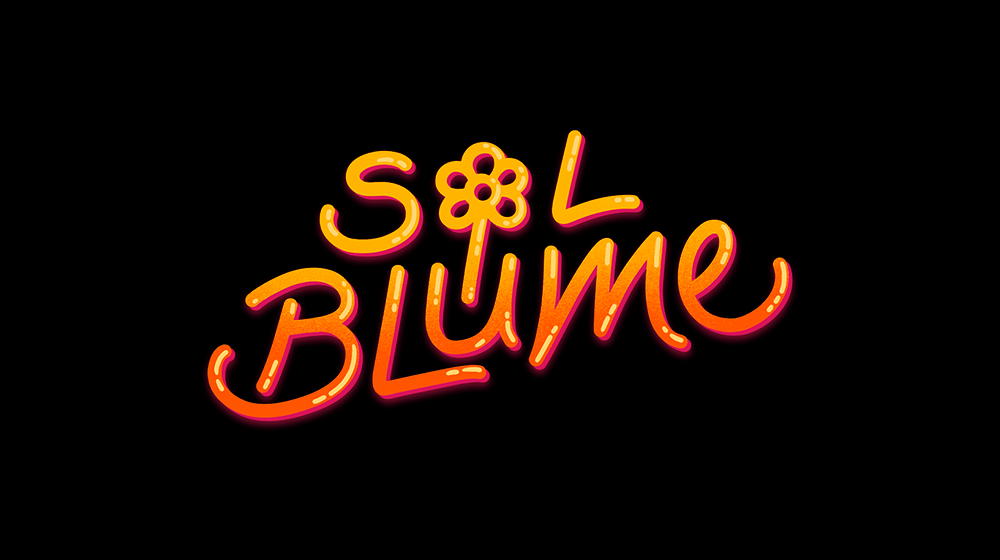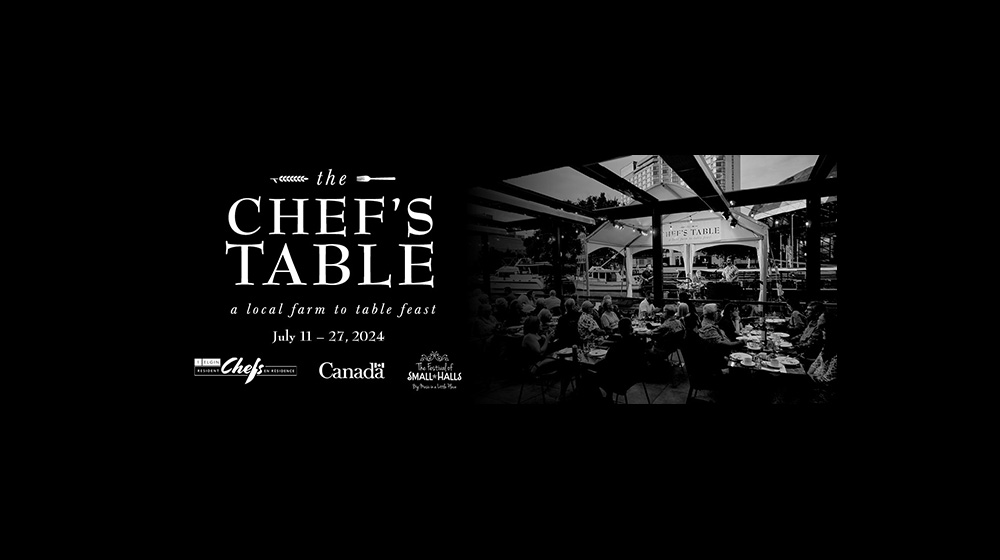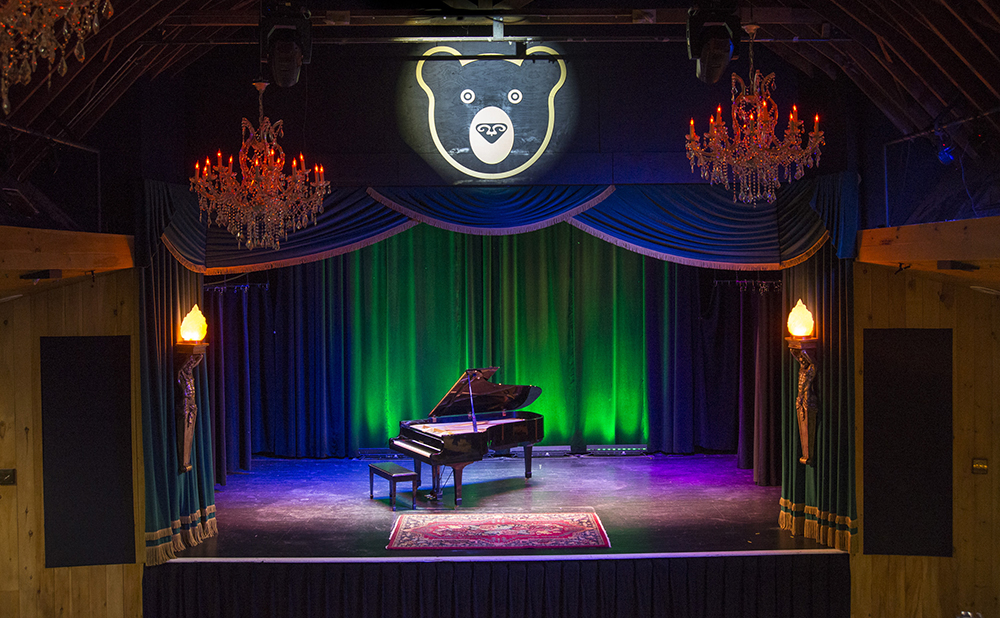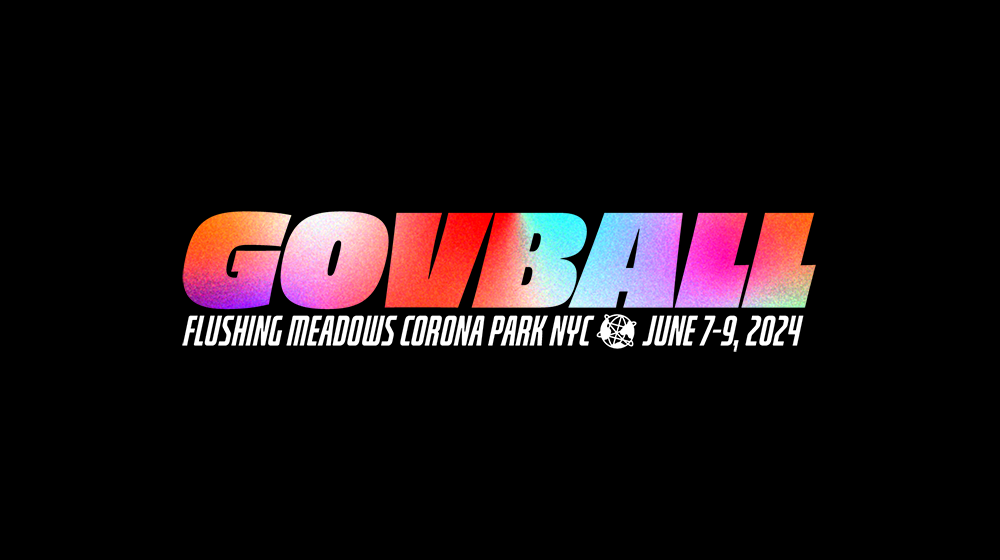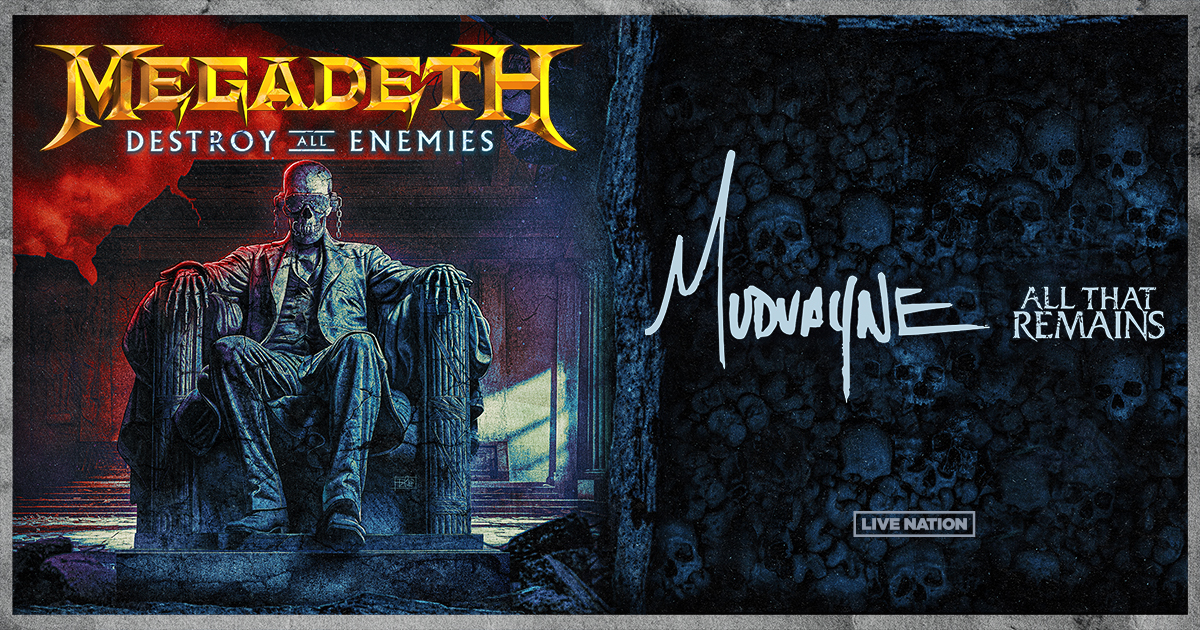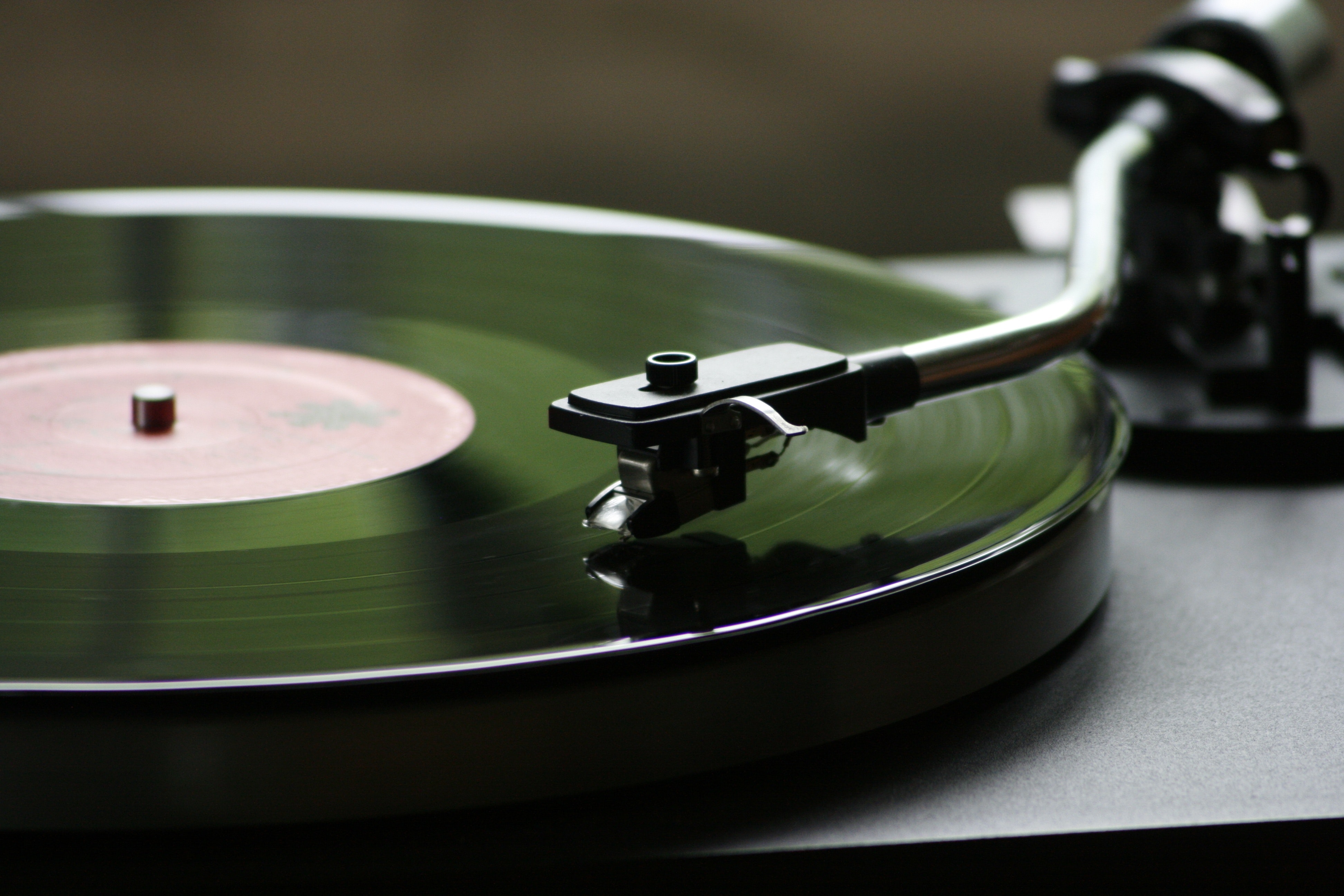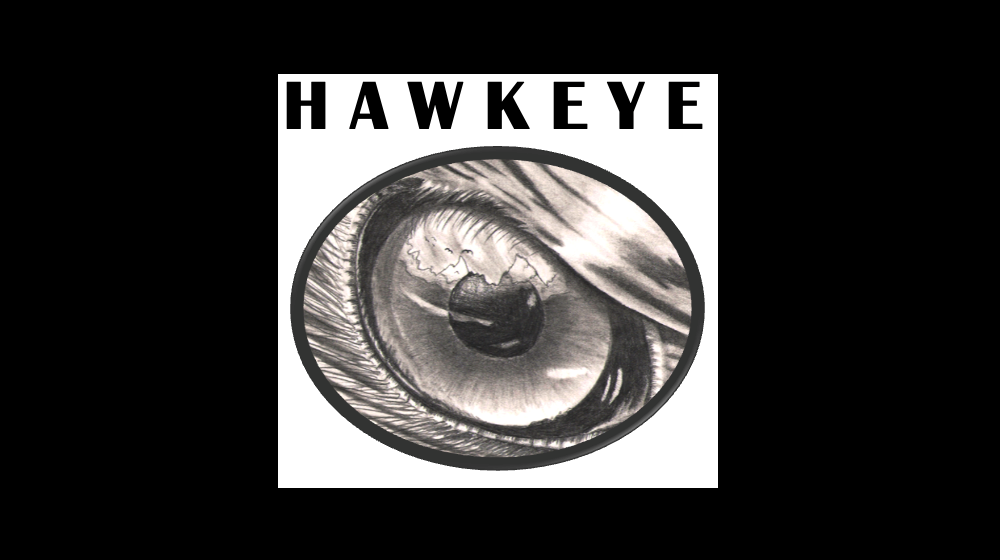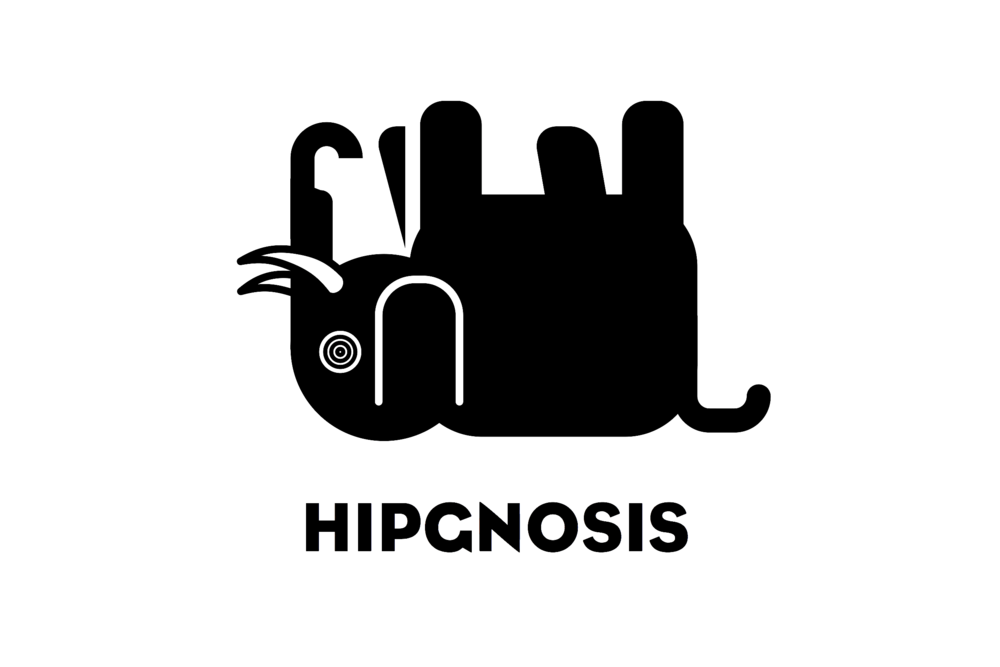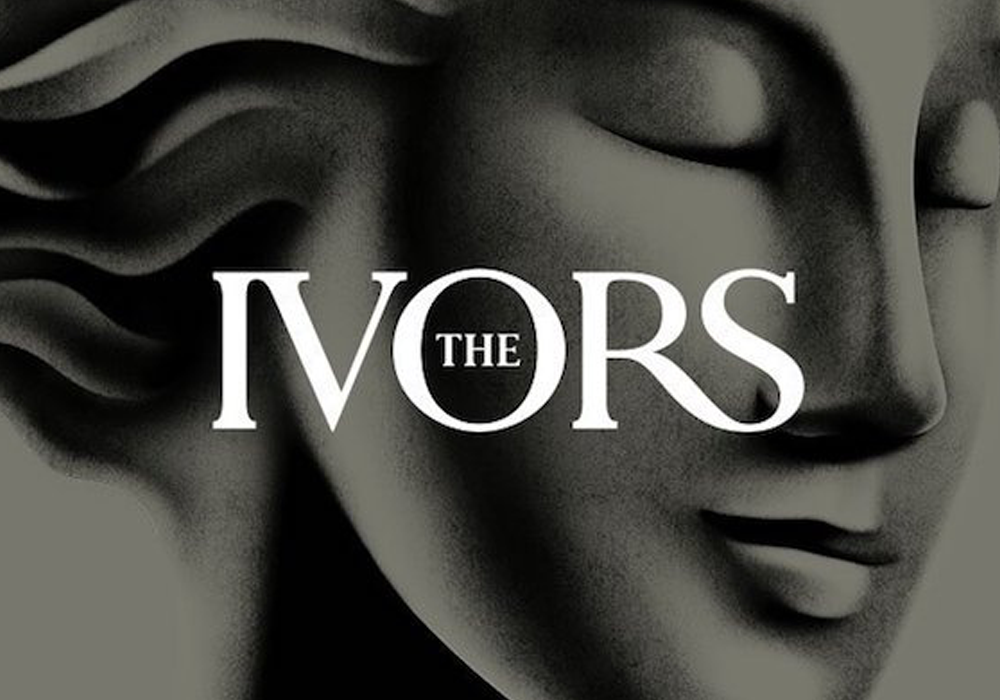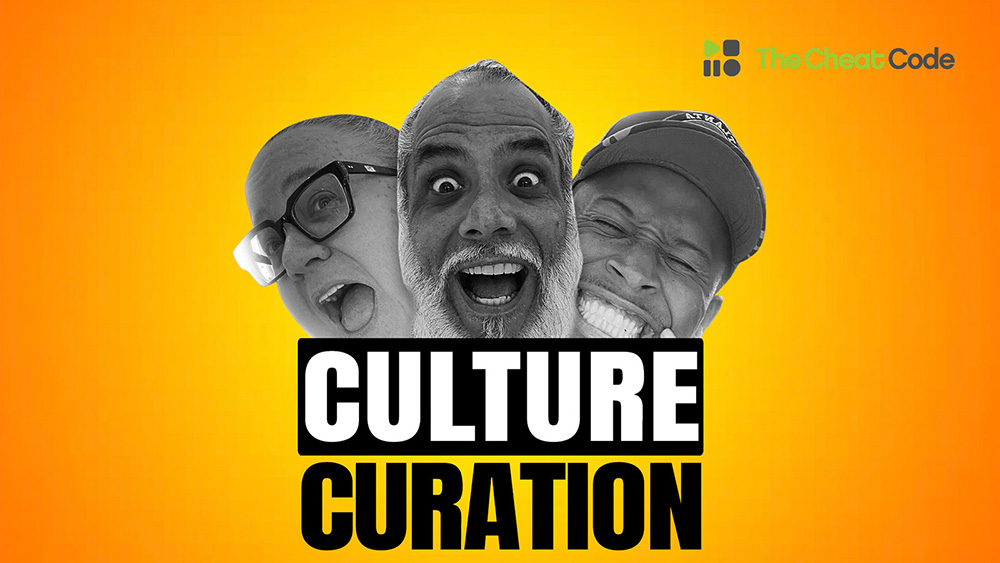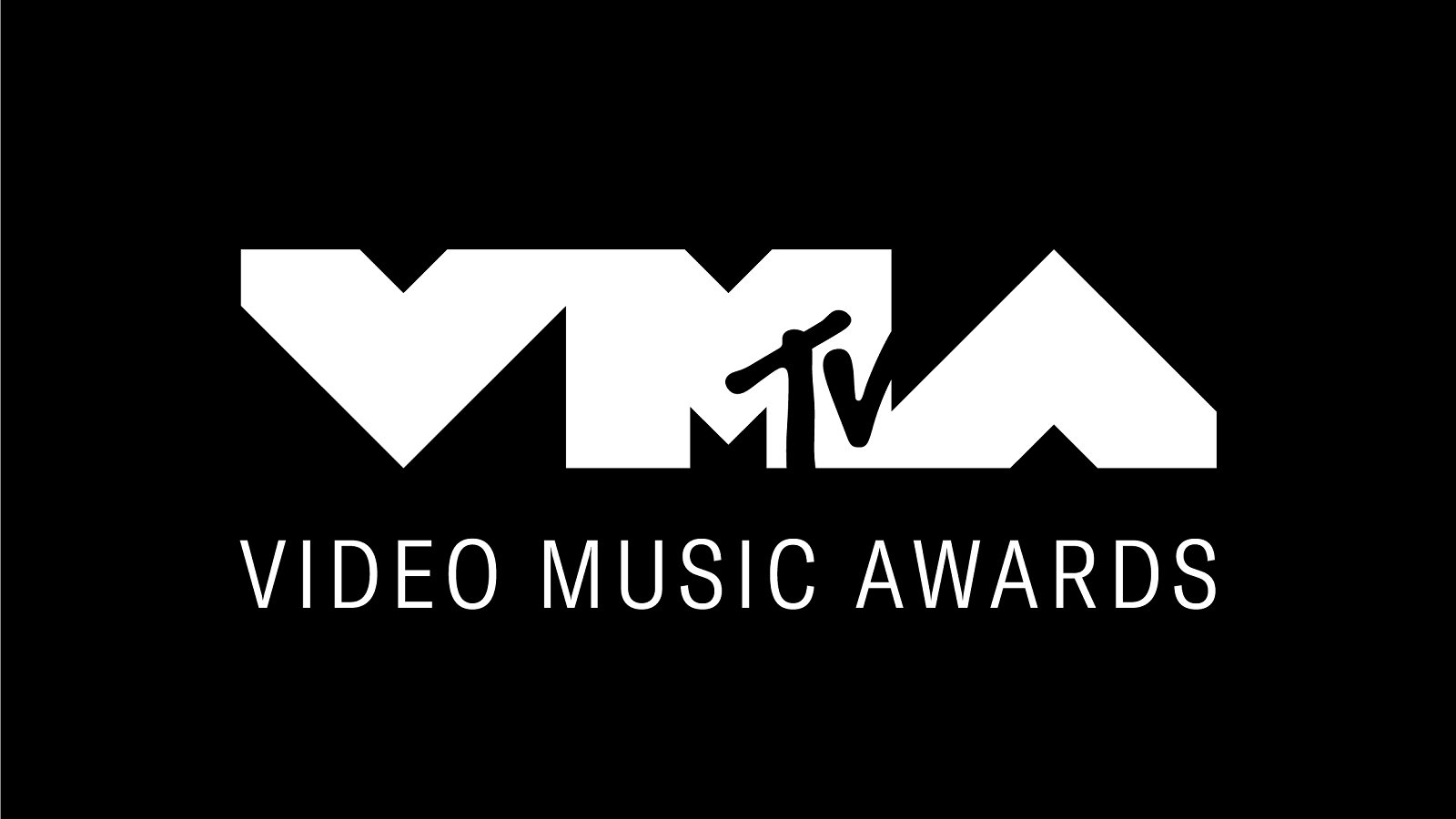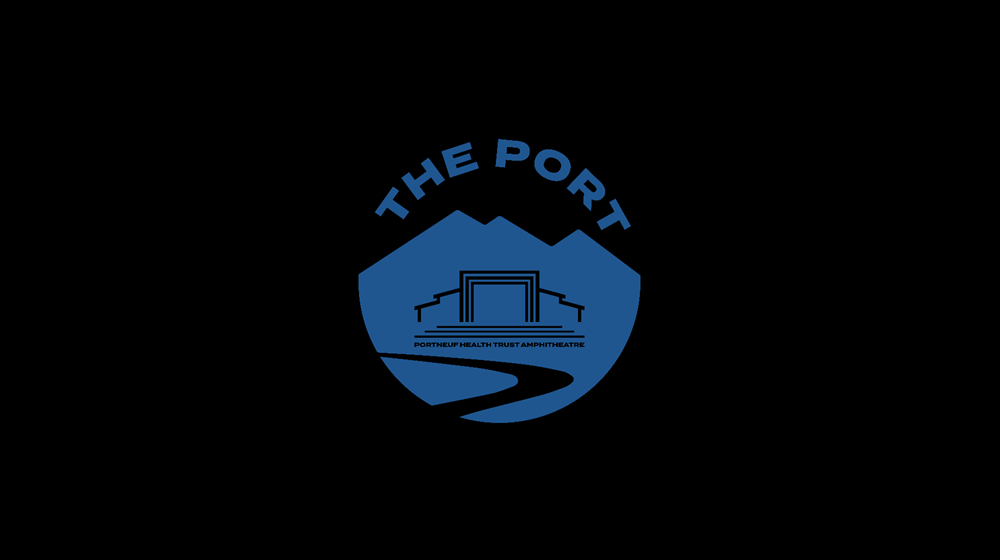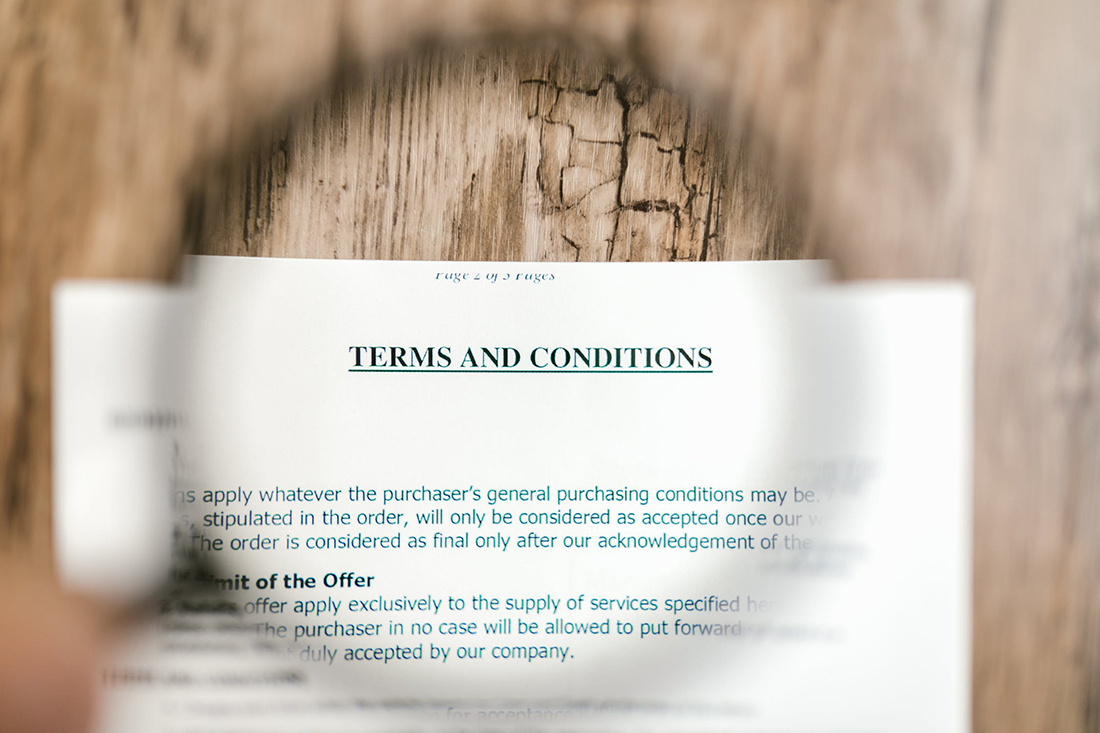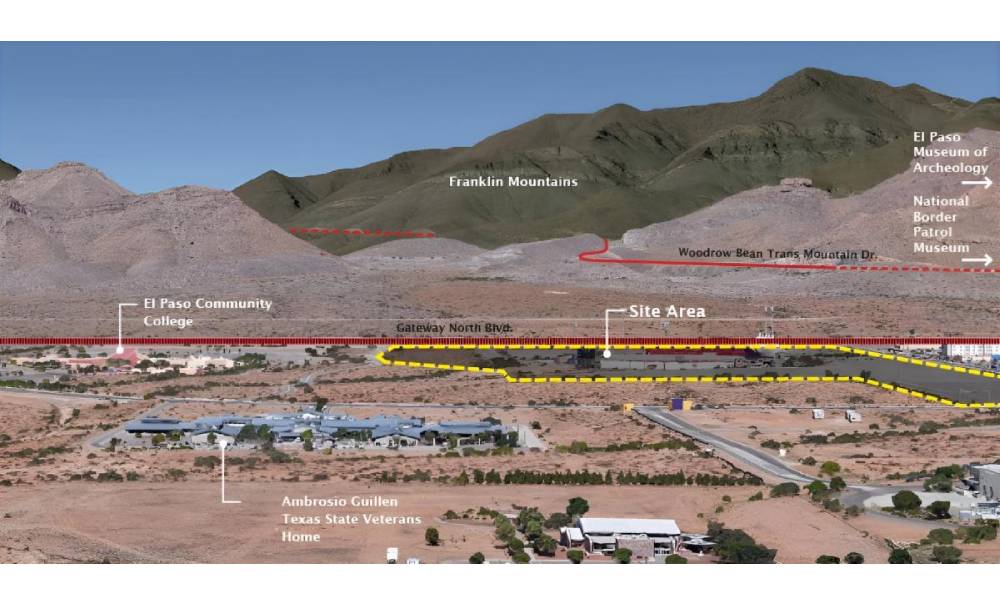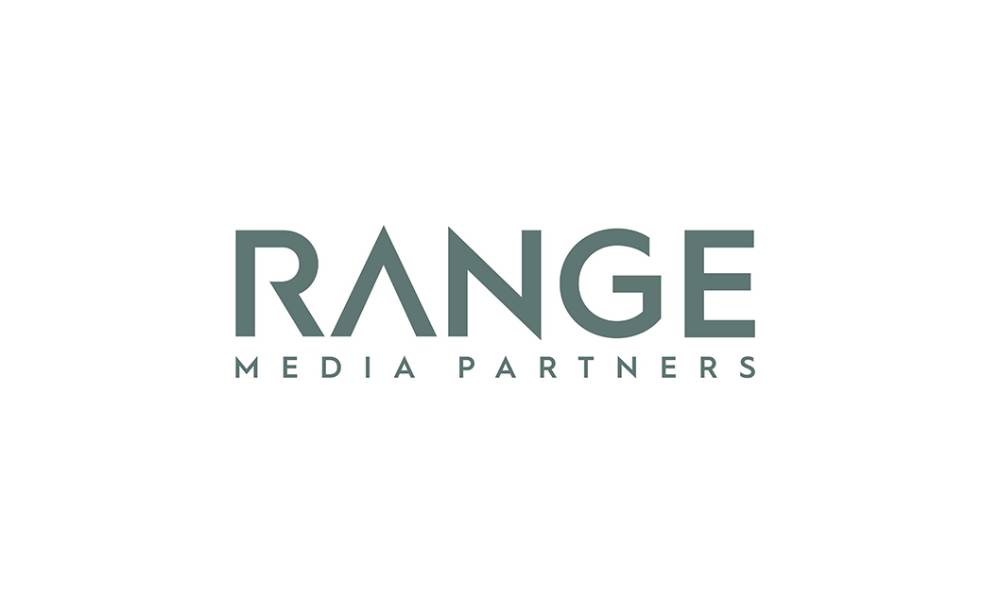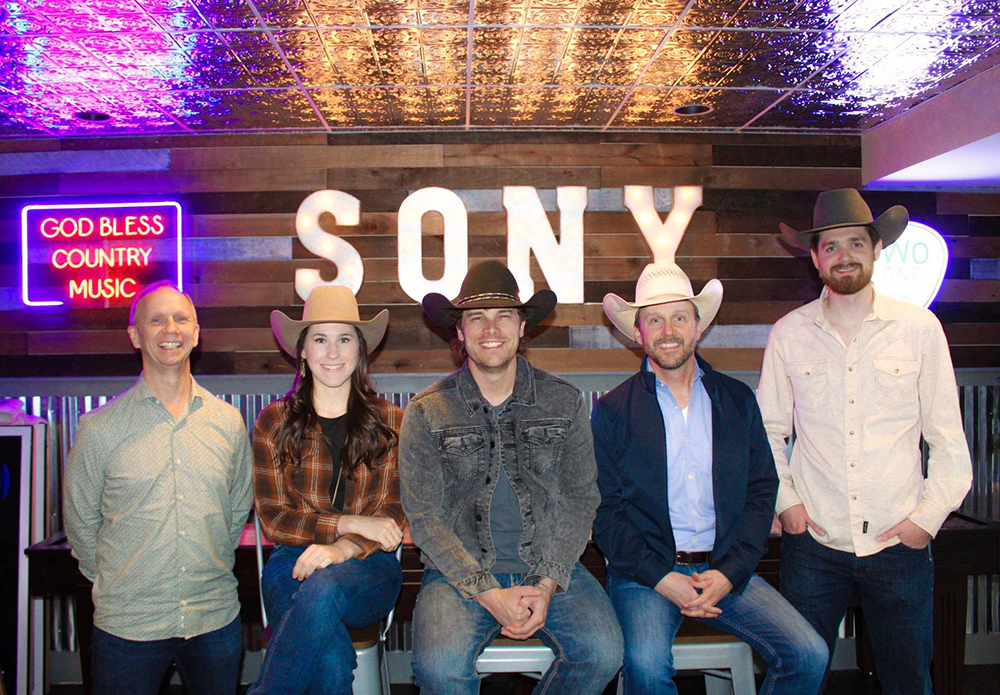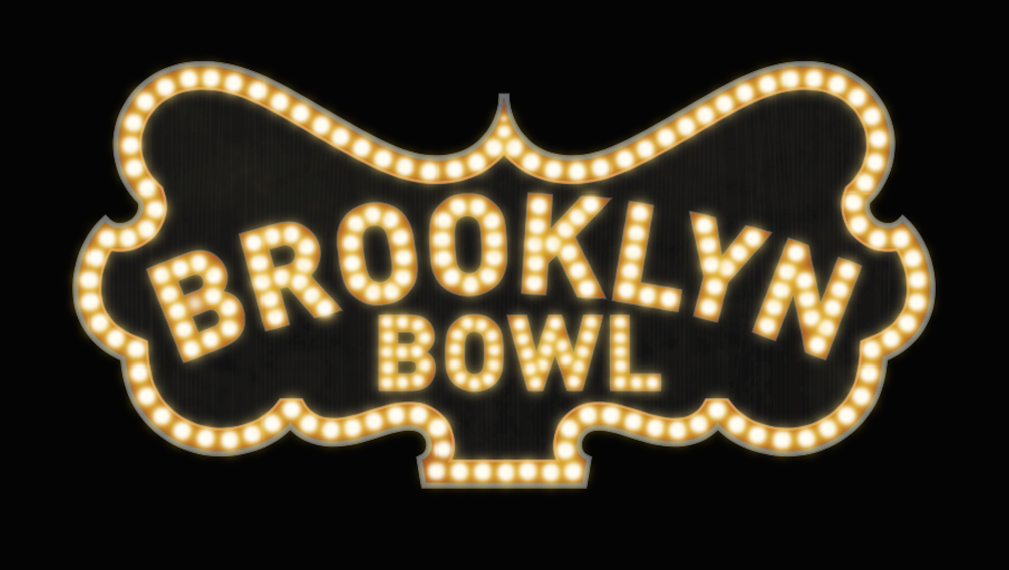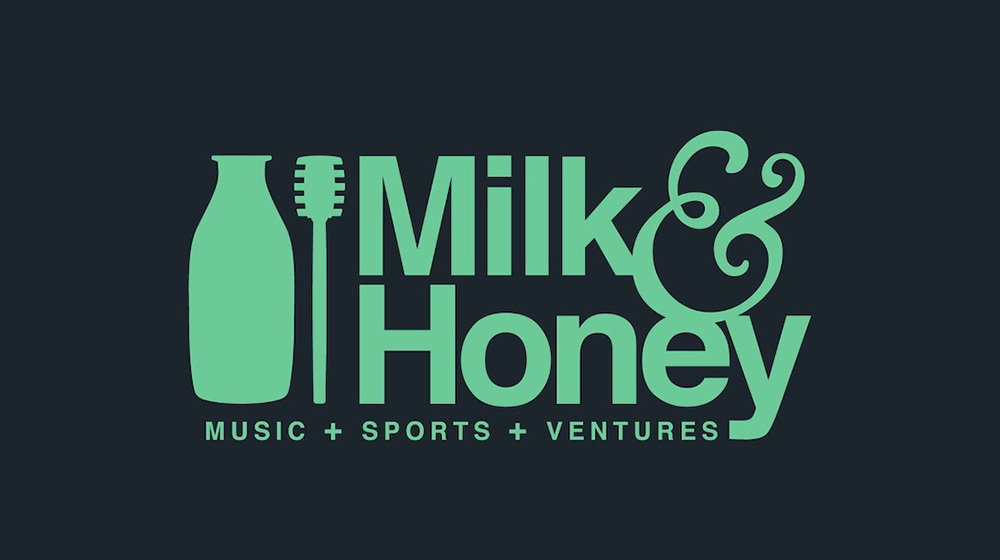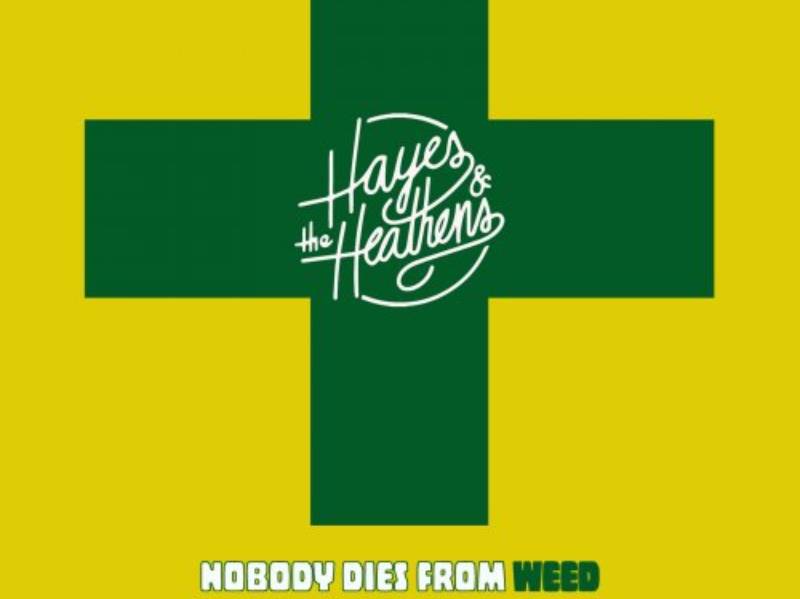
For the past half dozen years, the music industry has relied on a three-part plan to deal with the digital-music revolution: litigate, legislate and bloviate. Entrepreneurs tried to start legal music services, but they couldn’t get the record labels to agree to reasonable terms—they were all stick and no carrot. The labels managed to get an injunction against the file-sharing pioneer Napster in mid-2001. But other illicit services quickly sprang up to take its place, becoming far more popular than Napster had ever been. Now, after two straight years of dismal and declining record sales, the music industry finally seems ready to sing a different tune.
Two weeks ago America Online introduced MusicNet on AOL, its first on-demand digital-music service featuring roughly 250,000 songs from each of the five major labels and several indies. AOL isn’t the first company to launch such a service. Rival companies like PressPlay and Listen.com beat it to the punch and offer roughly the same number of songs. But with AOL’s 27 million subscribers, MusicNet is the most ambitious attempt yet to save the Napster generation from a life of crime.
Unfortunately, the online music services have taken so many precautions to prevent bootlegging that users are going to get sick of jumping through hoops pretty fast. When you score an MP3 file, whether illegally (through a file-sharing service) or legally (by ripping a CD that you own), you can burn it to a blank CD or store it on a portable music player, like an iPod, whenever you want. By contrast, AOL offers “tethered” downloads for $8.95 a month. When you stop paying, the music stops playing. What’s more, you can’t burn the songs on a CD unless you pay another $9 a month—and even then you can burn only 10. What if you want to transfer the songs directly to your iPod? AOL ain’t having it. If you’re resourceful—and you’ve got a lot of time on your hands—you could burn your songs on a CD, then rip that CD to your hard drive as MP3 files, then transfer them to your iPod. Or, what the hell, you could just steal them. Kazaa has 60 million registered users who do it every day.
Right now, the other legal services are marginally better than AOL. Listen.com’s Rhapsody offers unlimited tethered downloads for $10 and burns for $1 per song—but, again, they don’t want to hear about your MP3 player. PressPlay gives you the most options: it charges $10 a month for unlimited tethered downloads, but for $17.95 a month you can put 10 “portable” downloads on a music player or burn them onto a CD (each additional conversion costs roughly $1 per song). Best of all, PressPlay’s portable downloads are yours to keep, even if your subscription lapses. In other words, you’re buying music, not just renting it.
The services clearly aren’t perfect, but longtime industry observers see them as a step in the right direction. “Ninety-nine cents a track is reasonable—that’s down from $2.99 three years ago,” says GartnerG2 research director P. J. McNealy. “But the top-tier pricing may need to come down to $15, or roughly the price of a new CD, which consumers can relate to.” They may need to go lower than that; most people we spoke with said that they would subscribe only if it were much cheaper than the cost of a CD. “Maybe $5 or $6 for a whole album, since you’re not getting the packaging or full CD quality,” says Luke Sanders, 23, a Stamford, Conn., photo assistant and Kazaa user. Sounds like a hit—if the music industry is willing to listen.





















